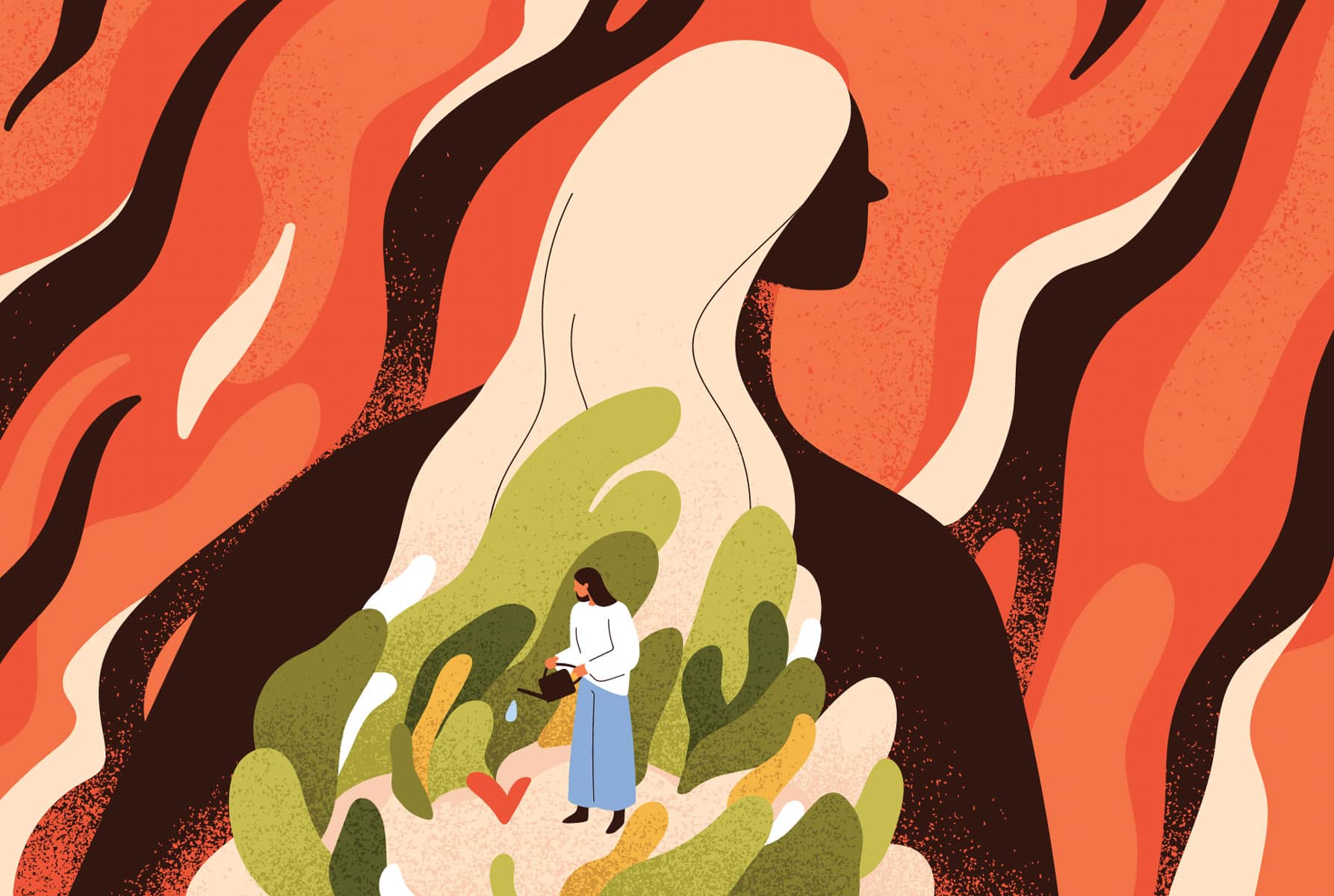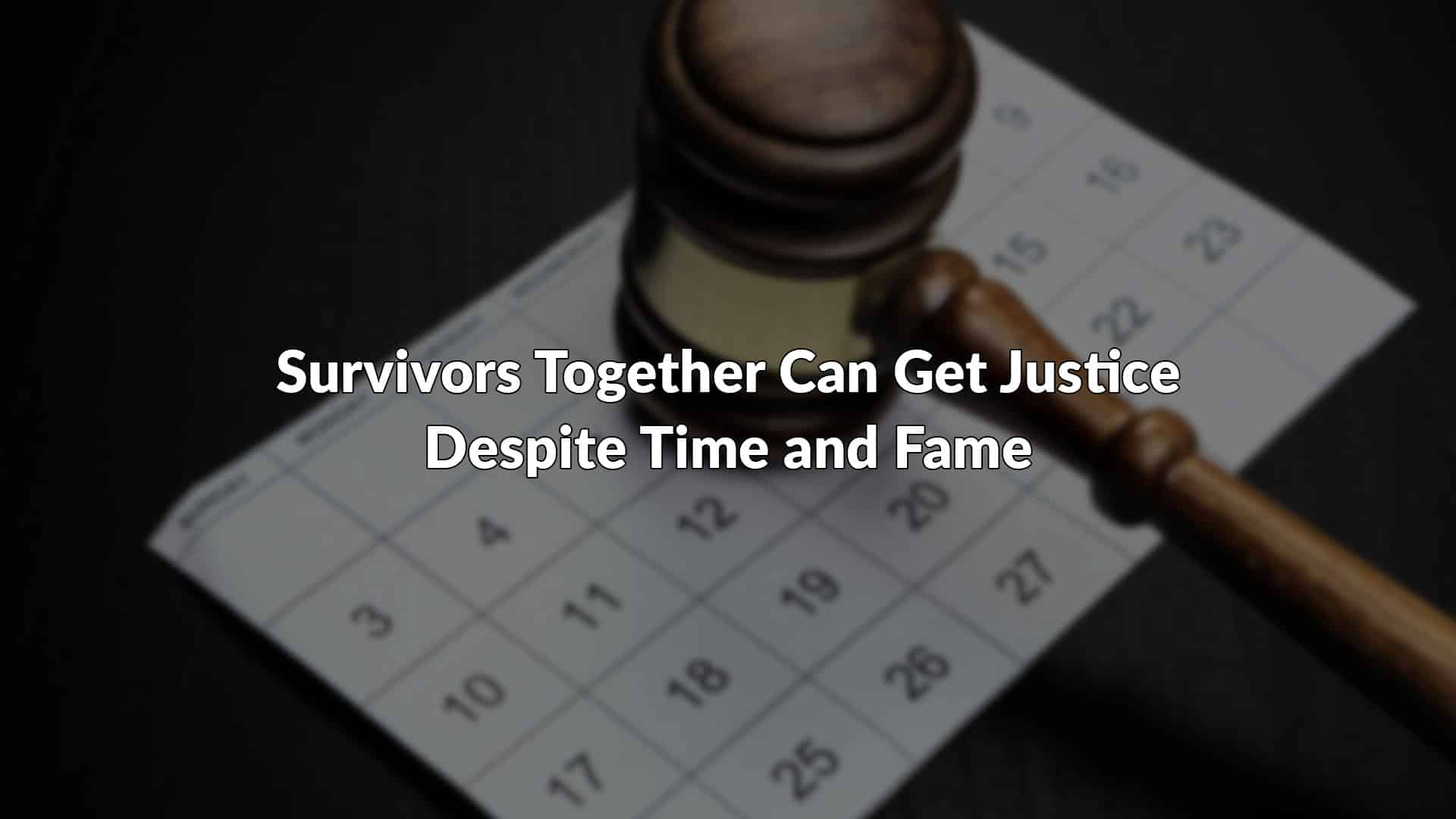The delegation consisted of seven anti-trafficking experts, including Carolina Rudnick, a representative from the Ministry of Interior; Mónica P. Alcalde, a cultural affairs specialist at the American Embassy in Santiago; LaVonda Baldwin, a member of the Trafficking in Persons Working Group; Sara E. Gilmer, a member of the State Department’s Trafficking in Persons (TIP) branch; Karen Guzman, a member of the National Prosecutor’s Office Division of Victims and Witness Protection; a lawyer for the feminist NGO “Corporación Humanas;” and Elena Rivas Valdés, a social worker who leads the NGO “Raíces.”[1]
Although Amara’s primary focus is American-born victims of trafficking, we certainly recognize that trafficking ravages all corners of the globe. The fight against human trafficking demands international collaboration, and Amara relishes the opportunity to participate in cross-cultural discussions with individuals who are equally impassioned to combat trafficking and support survivors. We are thankful that these women included us in their tour.
Our founder, Stacie Reimer, began the discussion by outlining Amara’s approach to combating trafficking and helping survivors. She discussed our direct service provision and the policy efforts in which we are currently engaged. These initiatives include: emphasizing the importance of restitution, changing DC policy such that minors are no longer criminalized (DC Bill 20-714), and pursuing a vacatur statute in DC to emulate the legislation present in Maryland and twelve other states.[2] These policies help to ensure that our city’s legal system treats survivors as they deserve to be treated—as survivors of trauma; not as criminals. Ms. Reimer also discussed our awareness raising initiatives and explained how our blog and Facebook page have picked up substantial traction in the past few months (thanks to readers like you!).[3]
Our dialogue then continued with a discussion of the challenges that impede anti-trafficking work in Washington, DC and the U.S. at large. Ms. Reimer mentioned a key challenge that Amara is currently facing: the case of former DC police officer, Linwood Barnhill. This purported enforcer of the law admitted to forcing teenage girls, ages 15, 16, and 17, to have sex with men. Though his actions qualify as trafficking under U.S. Federal Law, he was merely charged with one count of possession of child pornography and two counts of pandering minors for prostitution. “Pandering” carries neither the moral weight nor the mandatory restitution for victims that charging Barnhill under federal law would demand.[4]
The Chilean delegation voiced their frustration with this ruling and our city’s failure to adequately prosecute someone whose job was to protect—not exploit—our city’s youth. Their feedback affirmed our belief that this case constitutes corruption. We were grateful to hear foreigners’ perspectives on the problems inherent to U.S. and DC anti-trafficking policy.
Hearing a foreign perspective was particularly useful when a discrepancy arose. After meeting with members of government agencies, the delegation was under the impression that there were many services available to survivors in the U.S. Amara, however, has observed a very different reality. Though there may be available shelter for survivors in the nation as a whole, it is often too expensive for these survivors lacking shelter to travel to another side of the country to find a bed. We appreciate that this delegation brought this information to our attention and recognize that we must work to develop a stronger network of government and non-governmental agencies in our country that can better coordinate how to connect survivors to the resources they need.
In addition to unearthing flaws in U.S. anti-trafficking efforts, it was fascinating to discuss the shared obstacles that impede anti-trafficking efforts in both the United States and Chile. Like the United States, Chile recently earned a Tier 1 ranking in the 2014 Trafficking in Persons, but both countries continue to struggle with enforcing the anti-trafficking measures they enact.[5] Members of the delegation voiced their frustrations that Chilean judges tend to be insensitive towards victims, and we shared how American judges tend to exhibit a similar insensitivity.
Furthermore, the Chilean representatives discussed the need for a paradigm shift in Chilean policy from criminalization to survivor-centered and survivor-informed policies that do not serve to compound the trauma that survivors already feel. These sentiments resonate directly with what Amara believes should happen in Washington, DC, as shown by our recent testimony on DC Bill 20-714 at the DC City Council.[6] Policies in both DC, the U.S. at large, and Chile must better reflect the needs of victims and obligate officials to treat them as they deserve to be treated.
We hope to continue working with the Chilean delegation to find solutions that will help create fairer policies for survivors of trafficking in both Chile and Washington, DC. We thank them for taking the time to meet with us.
By Bridget Morrison



